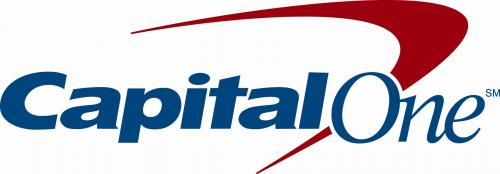 Top Class Actions
Top Class Actions
Neiman-Marcus Class Action Filed Over $1.50. That’s one dollar fifty cents, folks. This is interesting–and I have to admit I’d never thought about ATM fees in department stores. But this woman has–Marilyn Frey, from Sherman, Texas. She has filed a consumer fraud class action against Neiman-Marcus claiming unfair business practices over its charging $1.50 ATM fees at ATM terminals in their stores, without posting the fees. Umm. Ok.
The lawsuit, brought individually and on behalf of others similarly situated, claims that Frey made a withdrawal at an ATM on October 11, 2011, which is operated by Neiman-Marcus in their store, and was charged a “terminal fee” of $1.50 in connection with the transaction. The lawsuit claims that the fee is in violation of the Electronic Fund Transfer Act, which requires a notice posted on or at the ATM regarding the fee that would be charged for use. Well, this could certainly open up a can of worms…all this for $1.50.
Top Settlements
A couple of biggies this week…
AIG Low-balling Workers’ Comp Claims. First up—American International Group Inc (AIG)—they received final approval from a federal judge to pay $450 million as settlement of the AIG class-action lawsuit brought by a group of other insurers alleging underreporting of workers compensation premiums.
The settlement is supported by AIG and Ace Ina Holdings Inc., Auto-Owners Insurance Co., Companion Property & Casualty Insurance Co., Firstcomp Insurance Co., Hartford Financial Services Group Inc., Technology Insurance Co. and Travelers Indemnity Co. Liberty Mutual Group’s two subsidiaries, Ohio Casualty and Safeco, had opposed the settlement. In August, the U.S. Court of Appeals for the Seventh Circuit denied Liberty Mutual’s request to appeal the proposed $450 million settlement while the case is still ongoing. Liberty Mutual could still file an appeal down the road, and can still drop out of the settlement class to pursue a case against AIG on its own.
The lawsuit stems from allegations that AIG intentionally underestimated its workers’ comp premiums to avoid premium taxes and substantial residual market charges before 1996. In some states, from the mid-1980s to the mid-1990s, the residual market losses were greater than the residual market and voluntary market premium combined, so the more voluntary premium a company wrote, the more it had to pay out to cover its share of the residual market losses. That, allegedly, gave companies an incentive to under-report workers’ comp claims. Got it? Hey—fraud is fraud…
Look Sharp? Next up…A $538.6 million settlement has been agreed between Sharp Corp., Samsung Electronics Co. (005930) and five other makers of liquid crystal display panels which, if approved, would end claims that the companies fixed prices on the panels used in computers and televisions. The attorney generals of eight states, including California, Florida and New York are part of the settlement agreements with the manufacturers.
In a nutshell—the antitrust lawsuit alleged that the companies fixed prices of thin-film liquid crystal display panels, between 1999 and 2006, which effectively increased the prices for purchasers of devices such as televisions, notebook computers and monitors.
How is a consumer supposed to know this stuff? Oh right, we’re not. All things considered maybe the term “trust” should be stricken from terminology relating to the free market… just a thought…
Apparently, this settlement will see about $501 million made available for partial refunds to consumers and about $37 million made available for compensation to governments and other public entities for damages.
Ok—That’s a wrap for this year. Happy New Year and all that jazz. See you in 2012!




